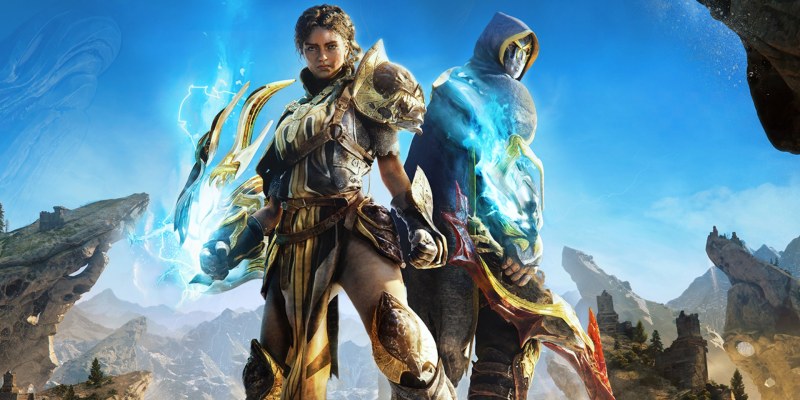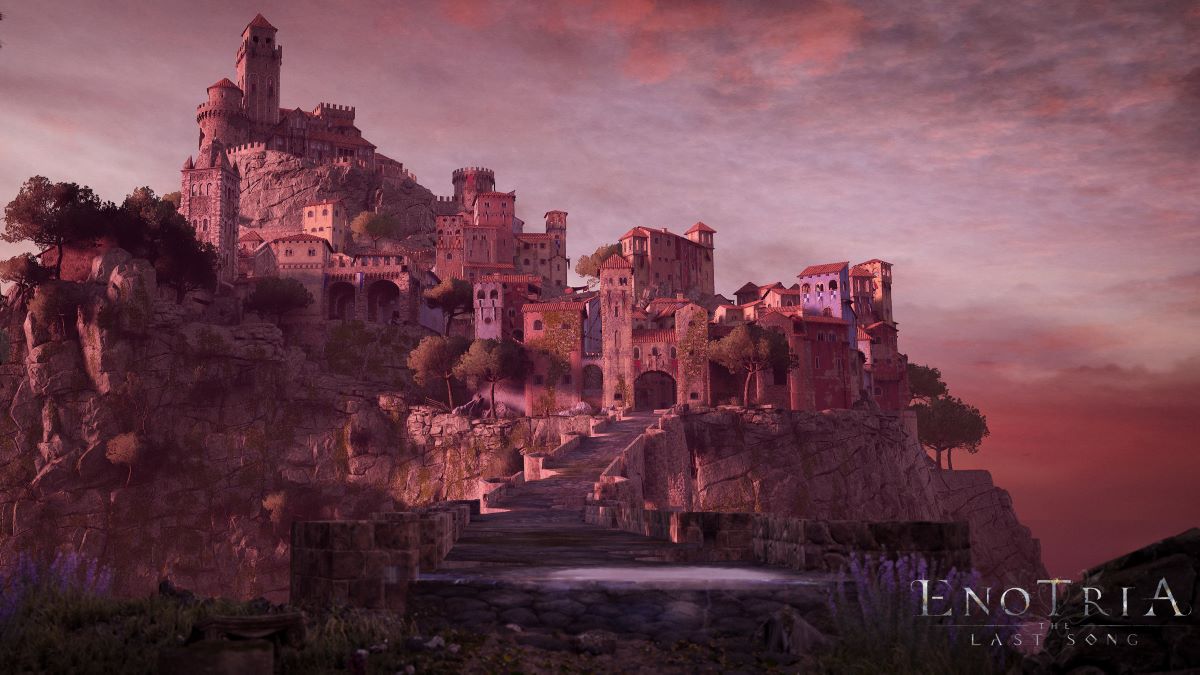If you’ve seen Atlas Fallen in action, you’ll probably think I’m trolling with that headline. It’s a flashy, fast-paced romp that appears to have much more in common with spectacle fighters than with the grim, methodical adventure of a Dark Souls or Elden Ring. Counterintuitive as it might seem, though, that’s exactly the point. Atlas Fallen doesn’t look or feel like what you expect from a Soulslike, but if you dig under the surface, it reveals itself as an intriguing evolution of the genre, and it makes me excited to see what other novel directions developers might take it.
One of my writing mantras is that if you want to break the rules effectively, you first have to know the rules intimately. Atlas Fallen makes the case that the same is true in game development. Aside from FromSoftware itself and Team Ninja, its developer, Deck13 Interactive, is arguably the most well-versed team in the creation of Soulslikes. It made one of the first in 2014’s Lords of the Fallen before giving the genre a sci-fi spin in The Surge games. While none of those games ever really hit the heights of their contemporaries, Deck13 had plenty of opportunities to understand what makes the genre tick.
Before I go any further, I have to make clear: if you are looking for a new Soulslike, Atlas Fallen is absolutely not it. The likeness comes not from the whole but from the pieces. The evolution is within the way they’re grafted back into the frame of a more traditional action-adventure game. For example, the first thing I noticed was the Anvils, which stand in for Bonfires. These must first be raised from beneath the desert sands, after which activating them restocks your icon gauge (which is used to heal you), as well as offering a place to upgrade your armor, change your loadout, and fast travel to and from. Unlike Bonfires, they don’t reset your enemies, so maybe they’re not so different from the Divinity Statues in Devil May Cry, but finding them feels more like a reprieve than a reward, a chance to catch your breath after the frenetic, kinetic traversal and hectic battles and reflect on the preceding leg of your journey.
But it’s more than just the game structure, it’s also the gameplay principles. The parry is key in most Soulslikes, opening up enemies to devastating counterattacks; mastering the timing is almost essential. In Atlas Fallen, successful parries freeze your foes, similarly enabling you to deal huge amounts of damage as a result. Likewise, the risk-reward seesaw of the stamina bar is replaced by the Momentum Gauge. Rather than disempowering you when it runs out though, it stacks from successful attacks until it turns you into a glass cannon, annihilating enemies but taking considerable damage if they land a hit. It may sound like a completely different mechanic, but you still have to manage it to suit your playstyle, discharging Momentum with the Shatter skill if you’re a more cautious player.
But, again, the fact that these ideas and mechanics don’t act as you might expect proves their evolutionary status. They’ve been adapted to fit the framework of a different type of gameplay—and it works. It works well, in fact, maintaining the satisfying feel of combat, even if it is simplified and sped up. The shift isn’t revolutionary for action games, but it is absolutely fascinating.
However, it’s not necessarily Atlas Fallen itself that has me so excited, but rather what it represents. And what that is is a shot in the arm for a genre that Elden Ring left feeling a bit dated, as evidenced by Thymesia, Steelrising, and Wo Long: Fallen Dynasty. In fact, I see Atlas Fallen as standing alongside Elden Ring in the vanguard for this new wave, not quite as compelling or competent, but equally as bold. It’s not just these two projects, either.
I’m not convinced that Lords of the Fallen (the new one) will be a part of the wave, though its dual-world mechanic is an interesting twist. However, Enotria: The Last Song promises to do away with the grim, gritty settings in favor of a sun-dappled Italian countryside. The just-announced Deathbound will apparently let you steal loadouts (and consequently playstyles) from enemies you defeat, then switch between them on the fly. And although Rise of the Ronin hasn’t yet been confirmed as a Soulslike, we’ll almost inevitably see those elements bleed through into its grounded historical setting thanks to Team Ninja’s prior expertise.
While I’ve generally enjoyed most of the Soulslikes I’ve played, it is curious to think about how little real evolution there’s been over the last 12 years. Varied settings, from Belle Èpoque France and Sengoku-era Japan to post-apocalyptic anime and a reimagined Final Fantasy, make for games that look different but only feel different by degrees. Atlas Fallen represents the kind of unexpected evolution that I hope is carried forward in the Soulslike genre.

